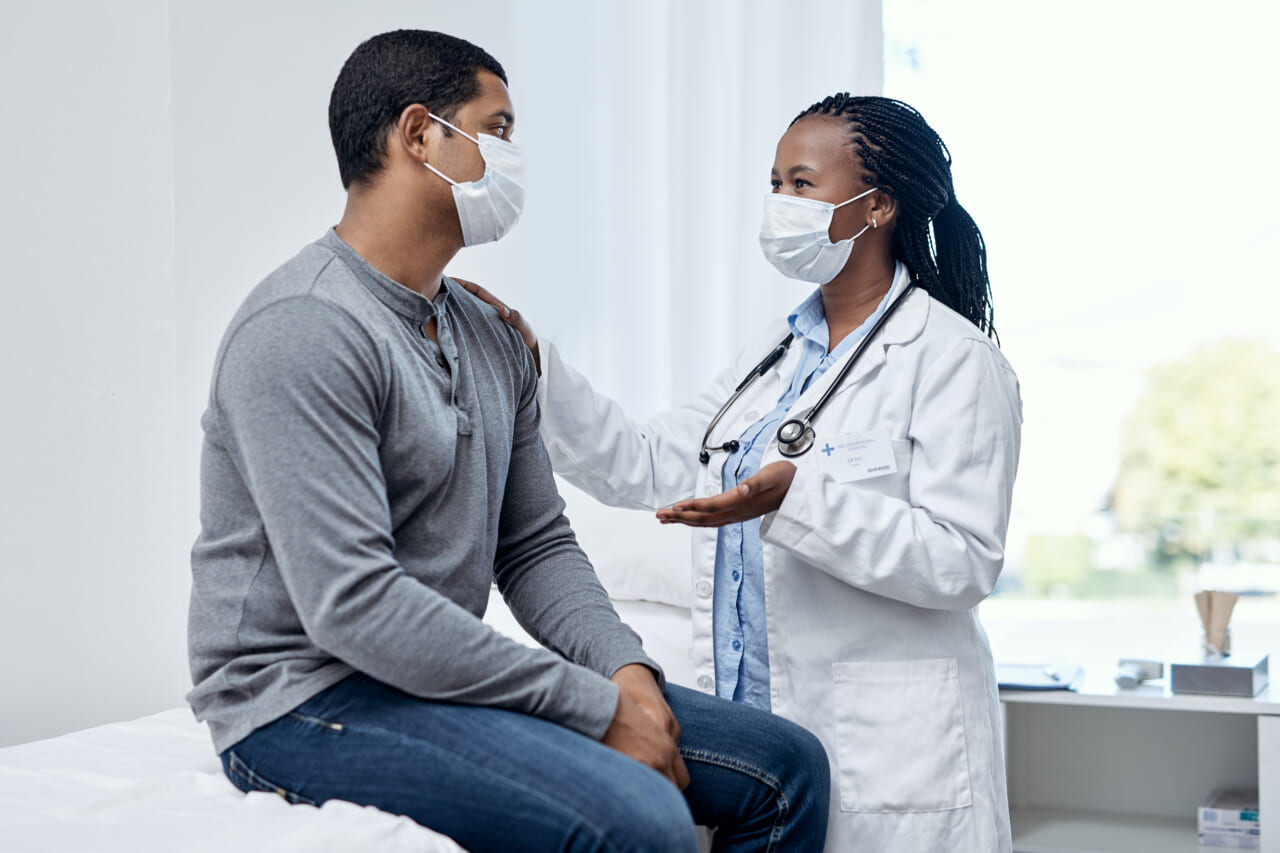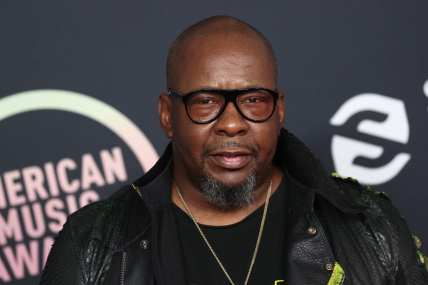Six appointments you should make in the first quarter of 2022
Losing weight is a fine resolution—but overall health is so much better.
Welcome to Catch (20)22, a series exploring how we can maximize our new year while being sensitive to the current moment—and gracious with ourselves.
Many of us made a resolution to lose weight in the new year—but our methods tend to focus solely on diet and exercise. While those are essential, a more holistic approach to health and wellness should be the longterm goal; health disparities continue to impact quality of life in the Black community, and, at a moment when global health is being compromised by COVID-19, we must be even more vigilant in our quest for optimal health.

So, as you’re making your way to the gym to get those workouts in and/or to the grocery store to get fresh vegetables and produce (or not), here are six other appointments you need to make soon:
PRIMARY CARE PHYSICIAN
While Black people are less likely to utilize the services of a primary care physician, PCPs are the first step to good health. Whether a physician or a nurse practitioner, your primary care physician’s main focus is the daily management of your health. Through routine check-ups and annual exams, your PCPS will know the most about your overall health and wellness. Through learning your family history, personality and lifestyle, they will be able to advise the best strategies for optimal care. Additionally, most insurance plans often require a referral from your primary care physician before you can see any specialty doctor. Consider your PCP the point guard of your team; as you work to maintain optimal overall health, you’re going to need them.
GYNECOLOGIST
Gynecologists are vital to the health of girls, women and those assigned the female gender at birth. At every stage of development, gynecologists are needed to maintain sexual and reproductive health. Black women remain at higher rates of contracting sexually transmitted infections than their White female counterparts or other women of color. While Black women are less likely to develop cervical cancer than White women, they are more likely to die from it. It is suggested that those with a cervix begin receiving PAP tests every three years beginning at age 21. HPV tests are suggested for every five years. Both are often part of the annual gynecological exam, which also includes breast and pelvic exams. Mammograms, which should begin at age 40 unless there is a family history of breast cancer, require a referral from your gynecologist.
DENTIST
Who doesn’t love a beautiful smile? Routine dentist appointments are vital to our confidence. More than that, regular dental visits are essential because the mouth is often an early indicator of systemic diseases and conditions. As African-Americans are more likely to suffer from poor dental hygiene and tooth decay, it’s important we prioritize these appointments. Tooth and gum health are vital to proper digestion and maintaining facial structure. Also, infections often go untreated because the mouth is viewed as less important or not worth money spent—but that can lead to very dangerous consequences, up to and including death. It’s recommended children and adults visit the family dentist every six months for oral exams, tooth implants, and cleanings.
OPTOMETRIST/OPTHAMOLOGIST
African Americans are at a greater risk of eye disease and vision loss. Unfortunately, many of these concerns go untreated because vision insurance is not offered by many employers. Of those who do have the coverage, many simply opt to not go. The potential severity of an issue will likely be determined by your physician, but if you need routine checkups, your best route is an optometrist. If your issue requires surgical intervention, you will need to see eye surgeons—and yes, there is a difference. Keep in mind, some ophthalmologists require a referral from your optometrist. And, while it was once suggested to have an eye exam once a year, that has now changed. If you don’t wear glasses or contacts, the rule of thumb is: once in your 20s, twice in your 30s, as needed in your 40s and 50s, and then every year once you turn 65.
DERMATOLOGIST
We love to say “Black don’t crack” but taking care of our skin requires more nuance and effort. In fact, Black people are more likely to experience discoloration due to acne and eczema, melasma (dark patches due to pregnancy or hormonal imbalances), keloid scarring and skin cancer. Additionally, due to stress, diet and many of our chosen hairstyles, Black women are more likely to experience traction alopecia. Annual trips to the dermatologist or a med spa for a professional skin and hair exams, along with skincare and hair care product evaluations are essential to overall health. You can also visit a Med Spa in Nashville TN if you want to enhance your body. And yes—Black people need sunscreen, too.
THERAPIST
Over 16% of African Americans report living with a mental illness and more than half report remaining untreated. As the COVID-19 pandemic rages and African Americans are still more likely to be exposed to and die from the disease, mental health in the Black community also remains in an even more precarious state. Too often, we turn to social and communal outlets to deal with stressful and triggering experiences. That was not a sufficient or sustainable way to address mental health prior to the pandemic, and is almost impossible to fully engage with its compounded issues now, if at all. While standard practice is to meet with a therapist once weekly, it is suggested to develop a schedule based on your specific needs. As a result of the pandemic, many therapists and counselors now include sliding scales and virtual individual and group sessions as an option, so explore those options when possible.


